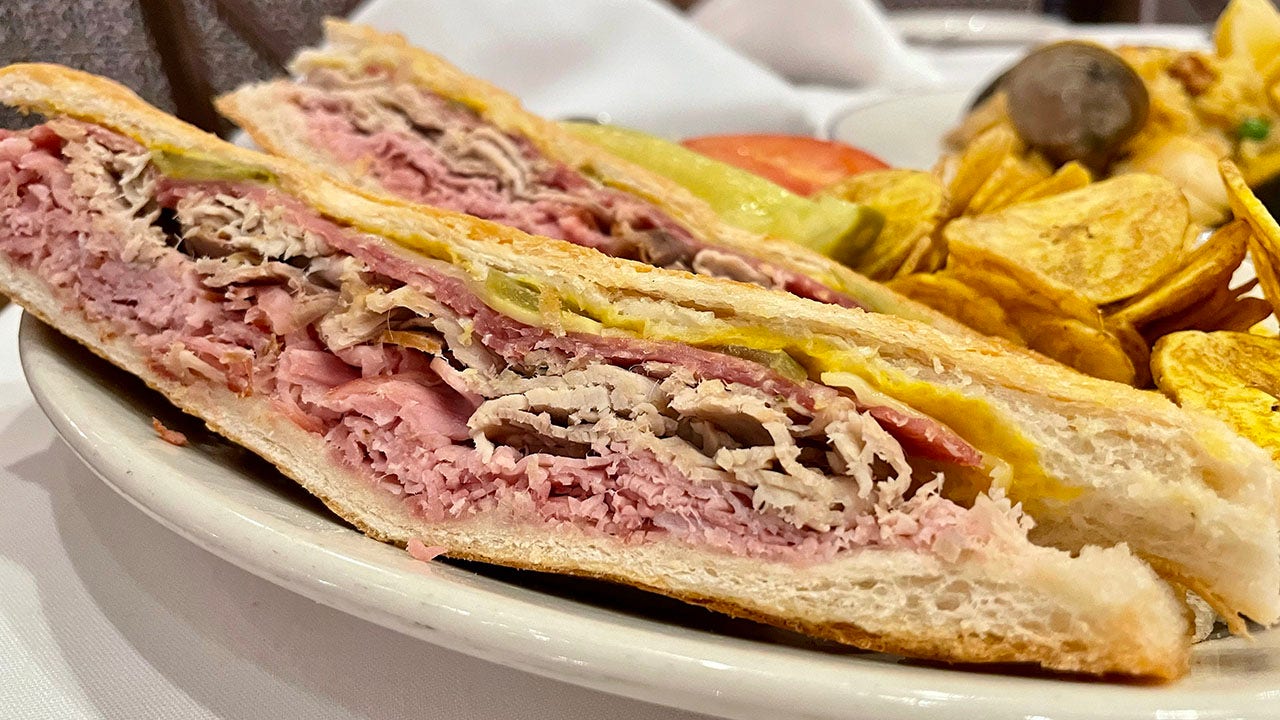Ogwashi-Uku History: The Battle for Sectional Supremacy
”A people without the knowledge of their past history, origin and culture is like a tree without roots”, (Marcus Garvey).
Thus, we define history as the study of past events, particularly in human affairs or rather, the whole series of past events connected with a person, thing, community, a nation or even an empire. Today, we have loads of documented histories of people, place, or a country whose history cannot be denied or contradicted. The Bible provides a classical example of history that has not been contradicted even though the new generation ‘men of God’ are twisting the Bible to suit their purposes.
Ogwashi-Uku as a community is not isolated from finding the ‘real and true’ history of its origin and possibly have it in place. To have this history in place has suffered seriously as predominant oral history that is always available often lacks attributes such as research-back-up with precise dates and events. In addition, factual contents, empirical knowledge and peculiarities that could guarantee an authentic history of the kingdom are sadly lacking. Most people were constrained by the fact that they cannot read nor write and therefore have not contemplated a written history. I observe, with certain trepidation, that there are some vibrant literate class trained as historians, and whom, for some reasons, may not have treated the idea of history book for their fatherland with levity, but simply procrastinated over its execution thereby resulting in lofty ideas that are gradually becoming extinct in their memories and programmes.
People like F. N Odum, lived and died for the cause of written history for the dear fatherland. In contrast with unsubstantiated oral history common today with different kinds of variations, the history of Ogwashi-uku is a distillation of standard versions from medieval times to the present, full of events, adventures and heroism. Writing the history of Ogwashi-uku may not be complete without mentioning those renowned men that made Ogwashi-uku dreadful. These include war legends like Nwabuzo Nwaiyogolo and his celebrated counterpart, Agbambu Anika and other men of courage and achievement who by their exploit and strength, appeared larger than the kingdom itself.
The closest documented history of Ogwashi-Uku, albeit inconclusive, is the work of Ben Nwabuwa who at 39, with the support of Mr A. R Okaeme had written a well-researched book on Ogwashi-uku Kingdom. In writing this, I pay tribute to this great son of the soil in making the effort in finding who we are as a people.
I have, before now, pointed out the difficulties associated with histories. This could be as a result of the fact that it is often falsified, or that the person who has written it did not make fully, the required research before drawing its conclusions. And then, there are other individuals who cannot make any effort to ascertain the authenticity of anything but are very apt in condemning the work of others, especially if such history do not see or consider them first before anyone else. To this end, I think this is absurd, despicable and delusional. It is destructive rather than constructive. It is my view that we should be chasing the form rather than the substance, and denounce any disproportionate interference if we are to make any headway in finding our true root or at most, accept what has been written before now.
A few weeks ago, I published the dynasties of Ogwashi-Uku and later, the Nine Federating Units of Ogwashi-Uku on Facebook. Those publications went viral. On the dynasties, I got more than 50 likes and more than 30 comments while 17 people in-boxed me with thanks for that publication. One person specifically said that he thought that it was only Obi Izedinor that was about the only Obi that Ogwashi-uku has ever had before now.
There were others who joined the thread, without even the slightest knowledge of the subject under discussion just to show that they are from the ”royal family”. Others argued that it was incomplete, wrong and misleading without a genuine reason(s) to back it up. A careful reader or a critical thinker would have look at the list of the monarchs listed and perchance highlight the question marks placed on most of those monarchs to see the gaps and the lapses. Those gaps and lapses show that Kingship tussle has been on for decades in Ogwashi-Uku Kingdom. What precisely was ”wrong, incomplete, or misleading” with the post? At what point were the names mentioned incomplete? No answer! Apparently, these groups fell within the categories of people mentioned above. They will rather be happy to see the history of Ogwashi-uku modelled around their own quarters, or mention their fore-fathers names under which Ogwashi-Uku could never have existed.
The second publication was more or less technical. Ogwashi ebo-iteni (Ogwashi, the 9 federating unit). I understand people’s frustration for not seeing their own quarters listed among but that is the way it is. You just cannot change things that have been there for ages. We can misinterpret things like the new generation preachers referred above, but there are things we cannot vehemently change. Those that pick up a fight on this issue knew the truth but the issue was, who is the author and who gave him the effrontery to entertain such subject without recognising them or their quarters? Is he among the first settlers or from the royal family?
But, here is the deal. I grew up in Ogwashi-Uku, lived with my granny whose penchant for history of Ogwashi-Uku kingdom was inestimable; and a father who lived to see the incessant murderous carnage carried out by the dreaded Nwabuzor Nwaiyogolo of Azungwu. Can I now start writing, using my Dad or granny as my source? How can I cite them to portray them as heroes? Would anyone in his/her right sense ever believe me? This is no doubt, a matter for me. I was barely 18years when I started gathering information about Ogwashi-Uku Kingdom. Those materials, including ones from National Library Ibadan, and those that were freely given to me by late Professor Andy Ajiduah of the department of education, University of Lagos. There are other materials which include photocopies from British Library in Euston Road, King Cross, London and finally, a book which I hold dear; Ogwashi_uku Kingdom; 1000 Years of Traditional Democracy and Cultural Life: 950-1940, by Ben Nwabuwa.
At relevant times, none of these materials has been challenged, denied, refuted or contradicted; and perhaps the more reason why anyone that tend to challenge me on this issue needs to be fully prepared and where necessary, put up a constructive argument to convince me otherwise.
To make thoughtless falsification of history for personal or unilateral gain is the last, worst profundity to which either scholar or anyone can descend in life. This falsification can do more to impede or trigger an erosion of human development ever known to mankind. As people, we need to learn from where we have failed, and whether we accept it or not, it is fundamentally important as this can herald an attrition of people’s right to know and a clear threat to a legitimate research that is highly likely to set a dangerous precedent for intellectual knowledge of our revered community. In all these, we owe it as an obligatory duty to our children who are likely to ask questions.
I have earlier argued that no form of informative or academic research have ever succeeded using one source. Research methodology in any given topic may include publication research, interviews, surveys and other research techniques, including historical information if need be. The moment our preliminary research has completed, we need to narrow our focus, organise that information, access academic source and subsequently evaluate and analyse all the materials we have gathered. In making this analysis, all the above procedures, including oral interviews should be considered, and in no time, in course of our evaluations, we can see, without being told, where fiction gives way to fact and vis-versa. It is, in my view, on basis of these that we can authoritatively and categorically cite our source without any panic or anxiety.
To ask Diokpa Okafor or Nwafor because he is 120 years old is not enough and with time, we need to question the diokpa mental capability to answer those questions as it has shown, in most cases, that one’s knowledge about a given subject tends to diminished along with age. If diokpa cannot tell us precisely ”what happened, when, where, who were involved, and how it happened”, it is unlikely for any sound mind to use any information gathered in such manner as a reliable source–on the ground alone that diokpa is 120 years.
However, it would be grossly unfair to suggest that diokpa contribution is not important. It must be considered as experience has continuously shown that majority of them in this categories are sound intellectually even when most of them cannot remember when they were born. Whatever we were told by them must be crosschecked along with other sources before we can arrive at any meaningful conclusions.
We can toy with the development of our community and even play politics with it, but what we cannot toy with, I suppose, is the valued history of Ogwashi-uku kingdom. We can never move ahead as a community fraught with cheap lies, innuendo, and unacceptable fabrications that see us first before anyone else in Ogwashi-Uku Kingdom.
In spite of our differences, I pray that we may all challenge ourselves to delve into the deepest resources of our hearts; to cultivate an atmosphere of understanding, acceptance, tolerance, and compassion.
Source by Chris Okafor




